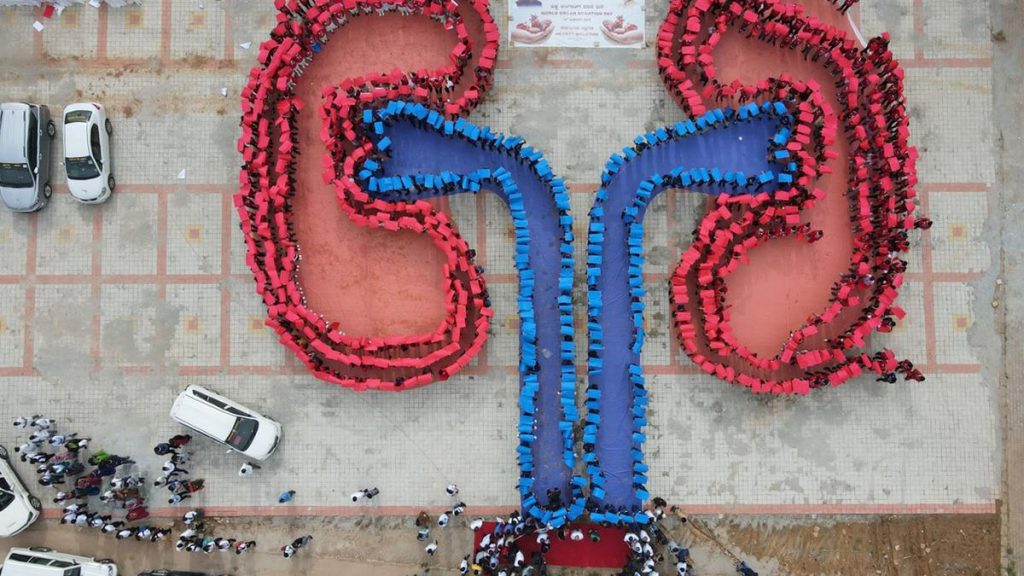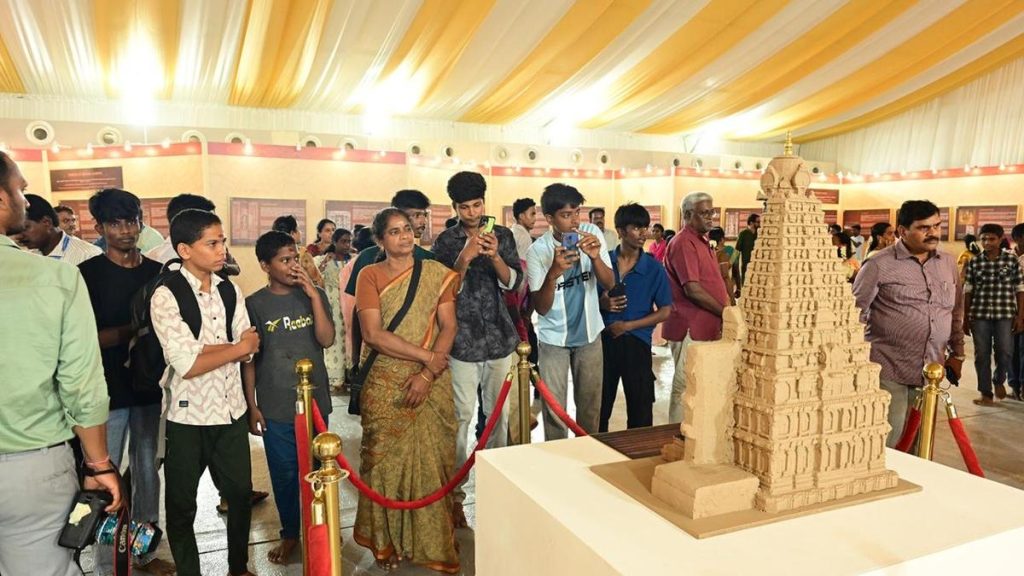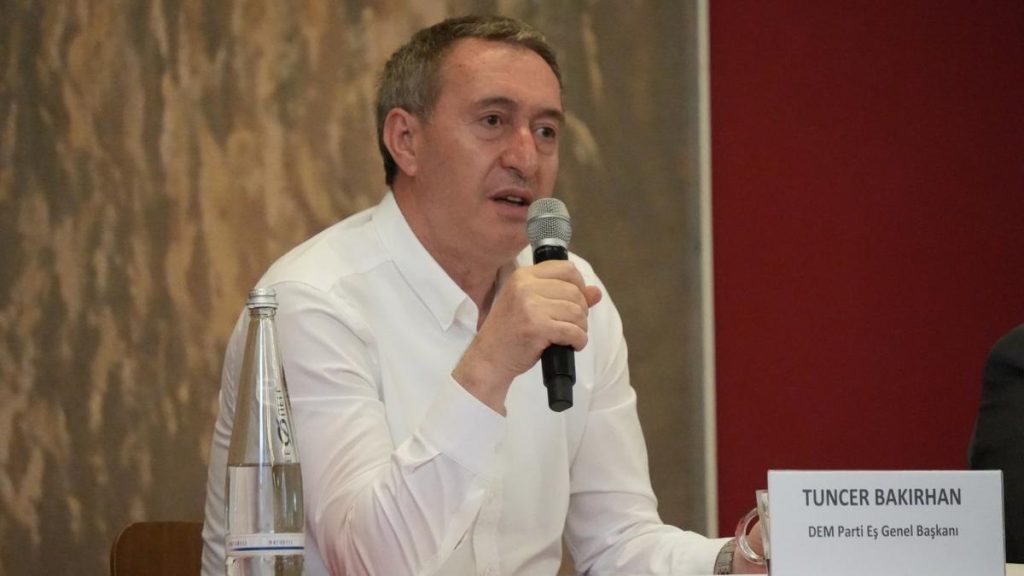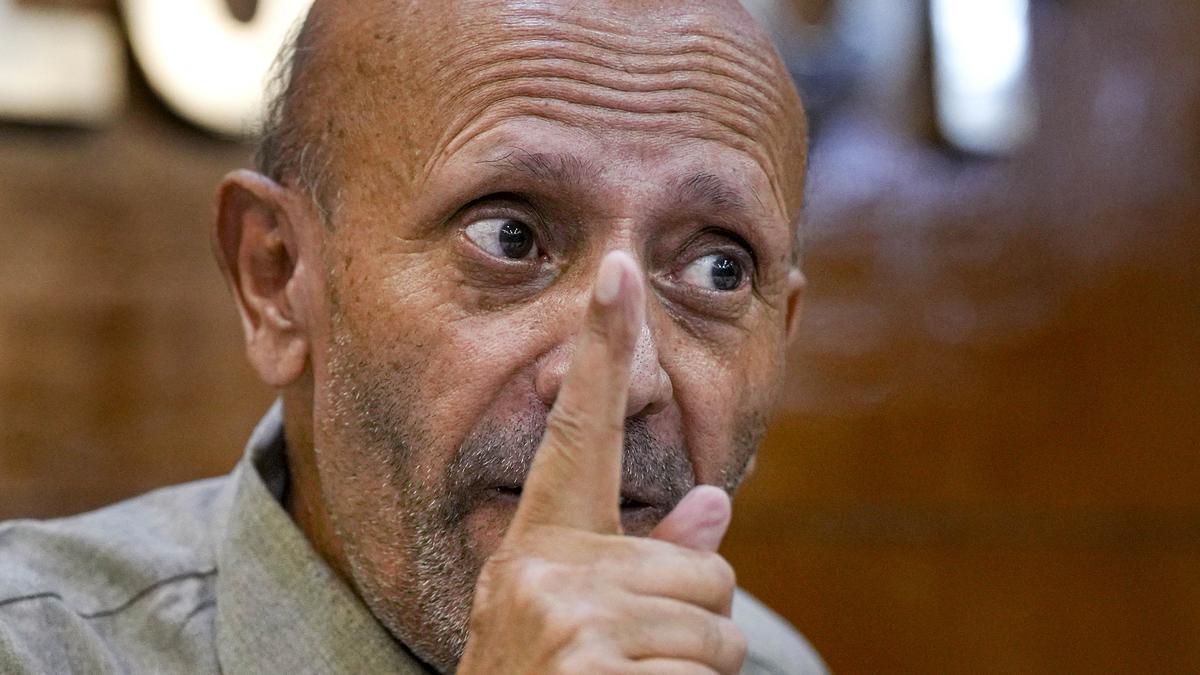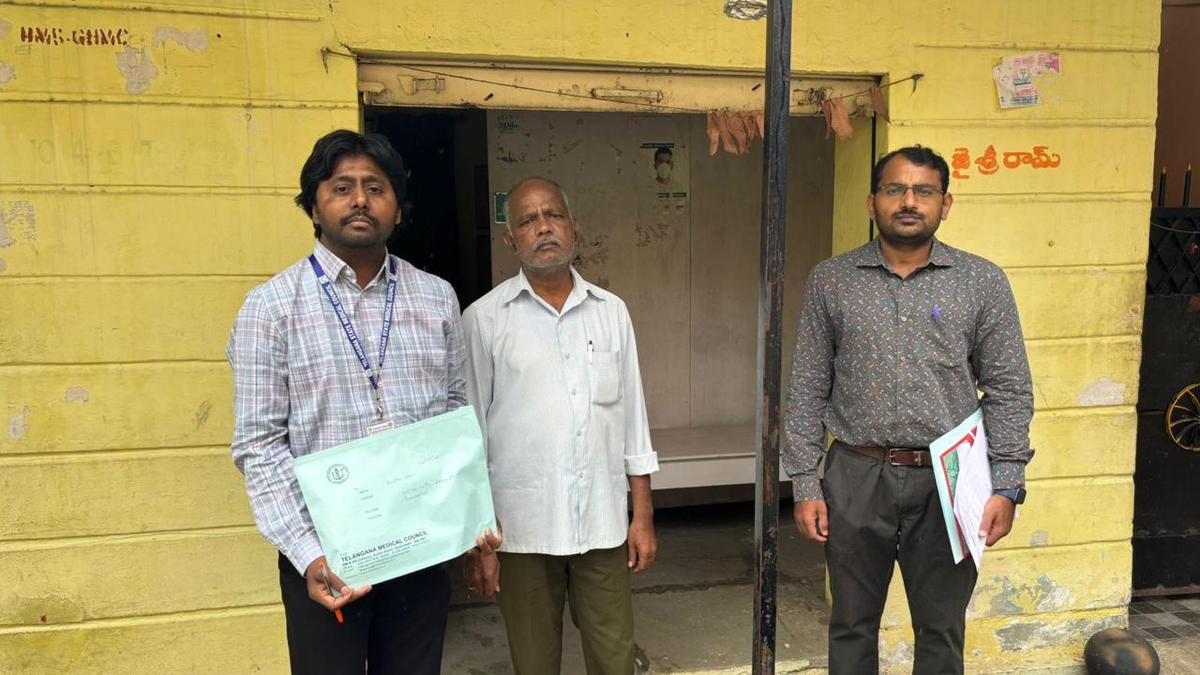Now Reading: Supreme Court Extends Stay on Rahul Gandhi Summons in Savarkar Case
-
01
Supreme Court Extends Stay on Rahul Gandhi Summons in Savarkar Case
Supreme Court Extends Stay on Rahul Gandhi Summons in Savarkar Case
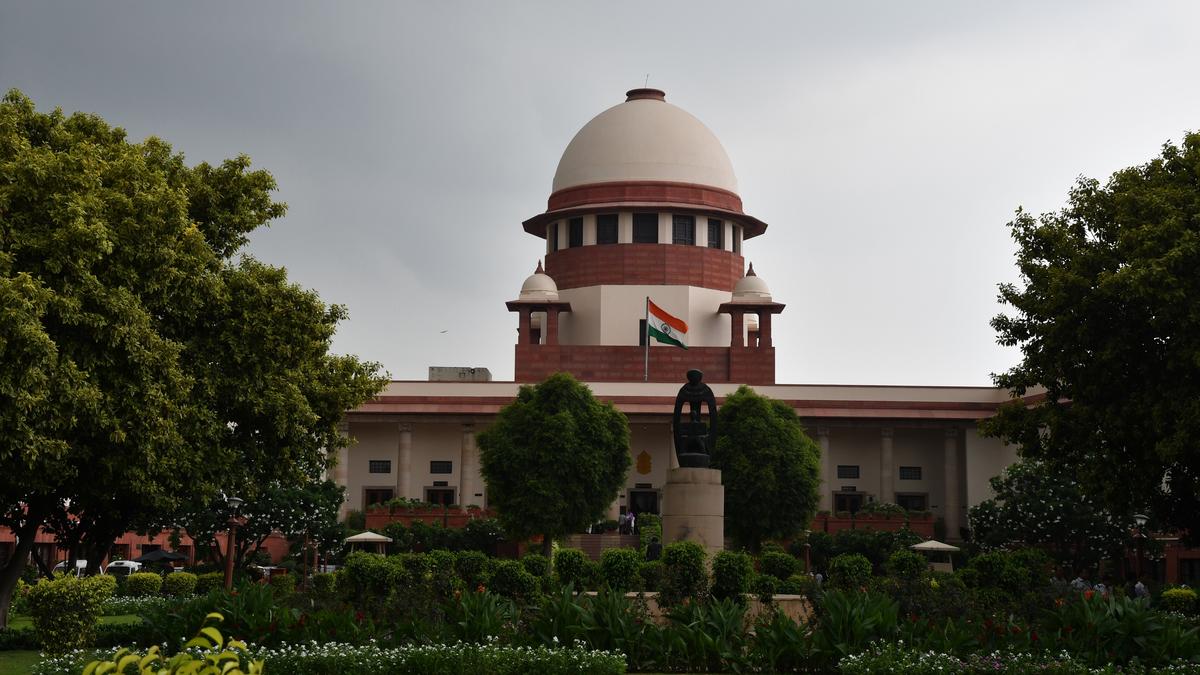
Quick Summary
- The Supreme court of India extended its stay on a summons issued to Congress leader Rahul Gandhi in a defamation case concerning his remarks about Hindutva ideologue V.D. Savarkar during the Bharat Jodo Yatra in Maharashtra.
- A Bench led by Justice Dipankar datta listed the case for hearing after four weeks, granting two weeks for complainant Nripendra Pandey to respond.
- Earlier, in May, the Court stayed an Uttar Pradesh trial court’s order summoning Gandhi while cautioning against derogatory statements about freedom fighters.
- Justice Datta noted that Gandhi had made a valid legal argument supporting the stay and highlighted ancient context involving Mahatma Gandhi and Indira Gandhi’s references to freedom fighters in similar language.
- In his petition, Rahul Gandhi asserted that freedom of expression under Article 19(1)(a) was essential and claimed that the proceedings were frivolous and aimed at suppressing political dissent.
- The trial court charged Mr. Gandhi under IPC Sections 153A (promoting enmity) and 505 (public mischief), citing alleged speech promoting societal ill-will by claiming Savarkar took a pension from the British.
indian Opinion Analysis
This defamation case sheds light on sensitive intersections of politics, history, and free speech within India’s democratic framework. On one hand, courts must navigate accusations concerning possibly derogatory remarks about historical figures such as V.D. Savarkar-widely revered by certain communities-and ensure respect for national symbols without enabling any instrumentalization of legal processes for silencing dissent or political critique.
Rahul Gandhi’s invocation of constitutional protections like Article 19(1)(a) underscores notable debates over how far free speech can extend within contentious political discourses involving historical interpretations or public personalities who hold differing legacies across India’s diverse population.
For india broadly, cases like this underline ongoing challenges tied to balancing robust democratic values such as accountability with preserving societal harmony amidst ideological polarization linked deeply to national identity narratives spanning generations.
Read more: The Hindu


